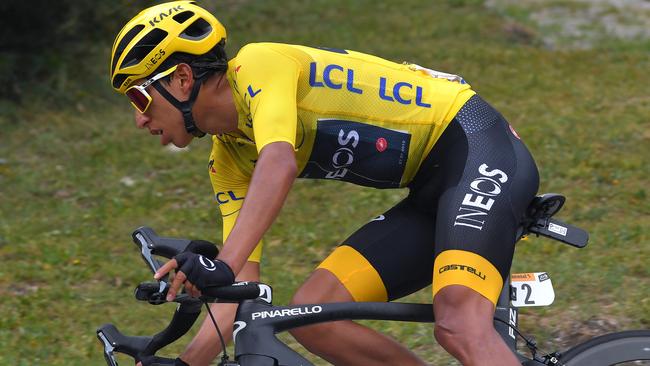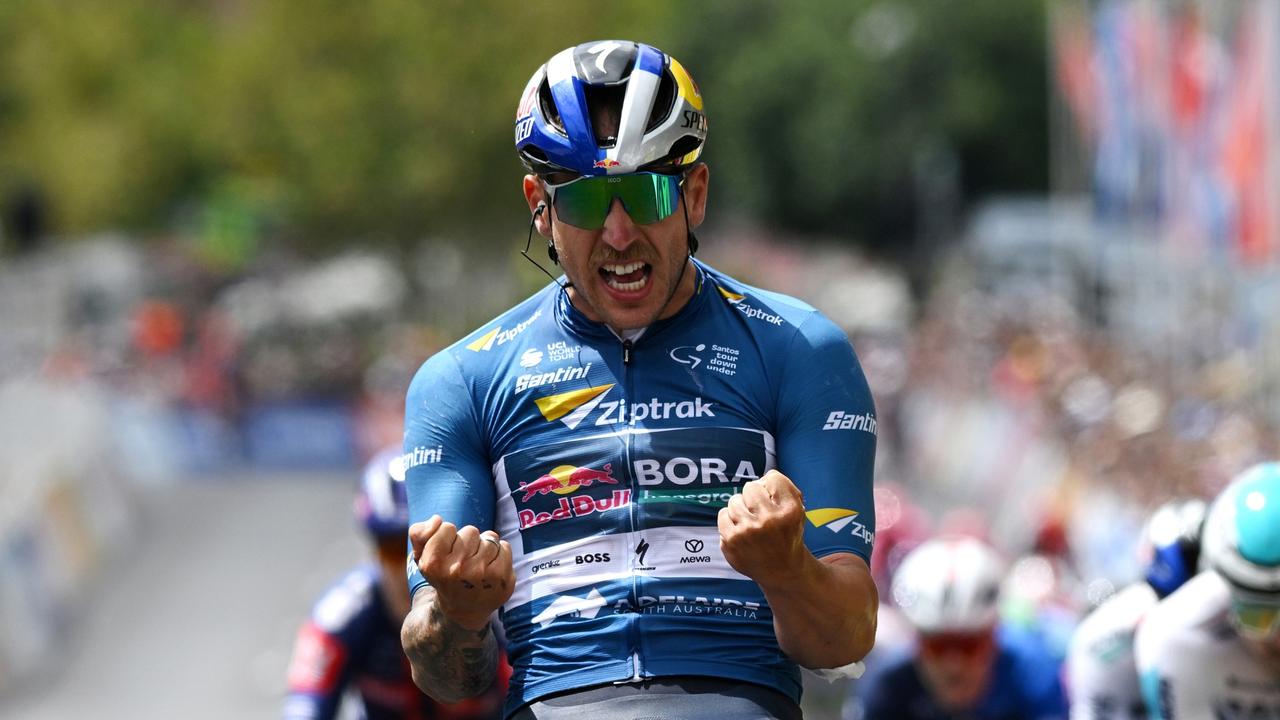Cycling: Tour de France finally succumbs to coronavirus
The world’s most famous cycling race was finally added to the list of sporting events postponed by the coronavirus pandemic.

After weeks of holding out hope that the Tour de France would be able to go ahead as planned, the world’s most famous cycling race was finally added to the list of sporting events postponed by the coronavirus pandemic.
The three-week race will take place from August 29 to September 20, organisers announced on Wednesday.
The new dates, the latest ever for the Tour founded in 1903, will result in the race ending on the Champs-Elysees just as the rescheduled French Open tennis tournament starts a few kilometres away in western Paris.
With the Tokyo Olympic Games and football’s Euro 2020 showpiece both delayed by a year, the Tour is the last major event remaining on the summer sports calendar.
As a result of the date switch, the Spanish three-week cycling tour La Vuelta a Espana scheduled for August 14 to September 6 is also likely to be rearranged.
The event is owned by the Tour de France organisers and it appears that a clash of dates will not be permitted.
“Let’s be clear on this, the Vuelta and the Tour will not be run concurrently,” Vuelta director Javier Guillen told Spanish media on Wednesday.
The Tour was set to start on June 27 in the Riviera city of Nice, but that became impossible on Monday when French President Emmanuel Macron announced that all public events with large crowds had been cancelled until at least mid-July. “Given that it’s now impossible that the Tour starts at its planned date, we are consulting with the (International Cycling Union) to try to find new dates,” ASO said on Tuesday.
The last time the Tour was not held was in 1946, with the nation still emerging from World War II. It was also stopped during WWI.
Holding the race without legions of fans on the roadsides and mountain passes of France — an idea previously proposed by French Sports Minister Roxana Maracineanu — is not something organisers are likely to favour.
Millions of fans watch each year’s race in a festive atmosphere across many regions.
This year’s event has 21 stages, with the longest of them stretching 218km. Thousands of police officers are needed to keep crowds under control and help negotiate safe passage for riders.
Riders, too, have to be physically ready to tackle the gruelling race — and able to attend it. After weeks of confinement, riders are likely to need several more weeks to get into racing shape.
Borders would have to be open, too, so racers like last year’s winner — Colombian Egan Bernal — can travel to France.
Juggling the cycling calendar is also tricky because of the various races scheduled throughout the season, including the Giro d’Italia and the Spanish Vuelta. The Giro, which had been set for May, was called off late last month.
Agencies



To join the conversation, please log in. Don't have an account? Register
Join the conversation, you are commenting as Logout